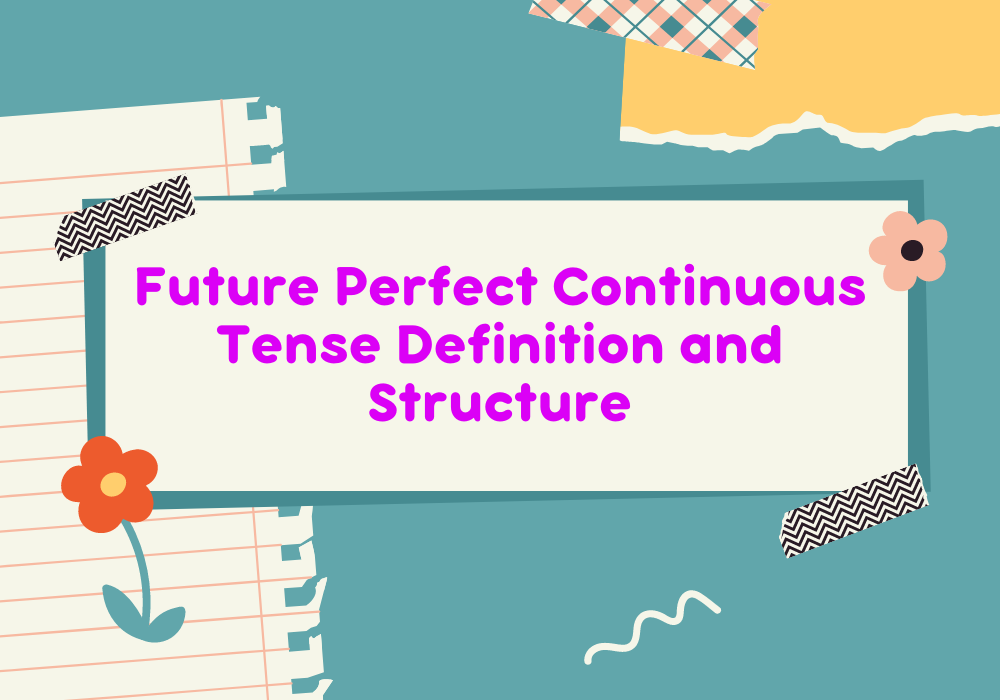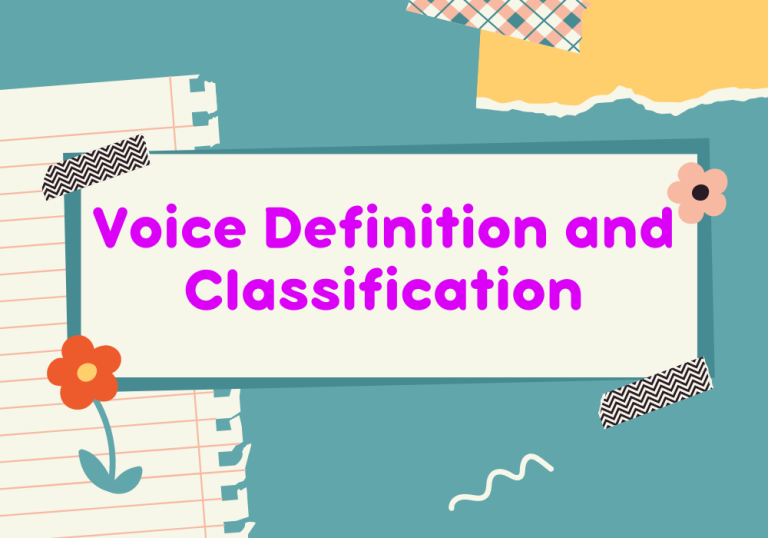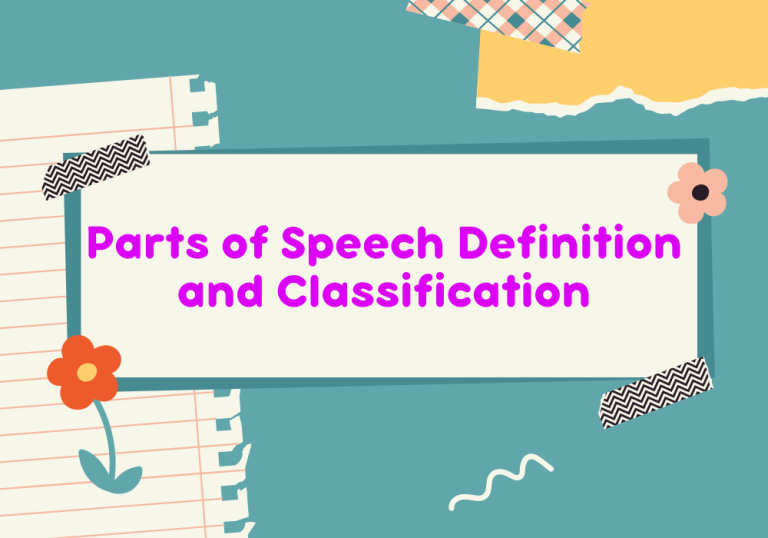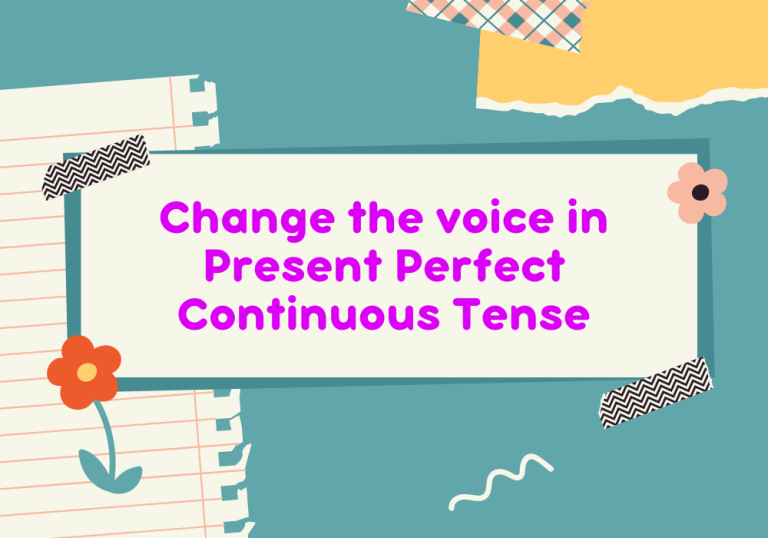The Future Perfect Continuous Tense defines the longer actions at specific time in the future. In other words, Future Perfect Continuous Tense is used to describe or indicate actions that began in the past and will continue to occur up to a certain point in time in the future.
Four types of verbs are used in Future Perfect Continuous Tense.
- (Shall/Will)
- have been
- Main verb with adding ing form.
Structure 1:
Positive & Negative Form:
Subject + (shall/will) have + been + main verb with adding ing + Remaining Part of the sentence (If have).
Example 1:
- I will have been working on this project for two hours.
- He will have been cleaning the house for two hours when you come back.
To compare the sentence according to the structure,
Subject= I (First Sentence), He (Second Sentence)
(shall/will) have + main verb with adding ing = will have been working (First Sentence), will have been cleaning (Second Sentence)
Remaining Part of the sentence= on this project for two hours. (First Sentence), the house for hours when you come back (Second Sentence)
Example 2:
- I will not have been waiting for more than 30 minutes.
- She will not have been traveling when they come back
To compare the sentence according to the structure,
Subject= I (First Sentence), She (Second Sentence)
(shall/will) not + have + been + main verb with adding ing = will not have been waiting (First Sentence), will not have been traveling (Second Sentence)
Remaining Part of the sentence= for more than 30 minutes (First Sentence), when they come back (Second Sentence)
Structure 2:
Question Form (Yes/No Question)
Shall/Will/Shall not/ Will not + subject + have been + main verb with adding ing + Remaining Part of the sentence (If have)?
Example 1:
- Will you have been exploring the world outside?
To compare the sentence according to the structure,
Shall/Will = Will
Subject + have been + main verb with adding ing = you have been exploring
Remaining Part of the sentence= the world outside?
Example 2:
- Will not they have been finishing their task for an hour?
To compare sentence according to the structure,
(Shall/Will)not= Will not
Subject + have been + main verb with adding ing = they have been finishing
Remaining Part of the sentence= their task for an hour?
Structure 3:
Question Form (Wh Question)
Wh Word ( What/Who/How/Which etc.) + shall/will/shall not/will not + subject + have been + main verb with adding ing + Remaining Part of the sentence (If have)?
Example 1:
- Where will have you be been doing this job for two hours?
To compare the sentence according to the structure,
Wh word (What/Who/How/Which etc.) = Where
(shall/will) have = will have
subject + been + main verb with ing = you been doing
Remaining Part of the sentence= for two hours?
Example 2:
- Why will not they have been walking for two hours?
To compare the sentence according to the structure,
Wh word (What/Who/How/Which etc.) = Why
(shall/will) not = will not
Subject + have been + main verb with ing = you have been doing
Remaining Part of the sentence= for two hours?
Structure 4:
Question Form (Wh Question)
Wh Word ( What/Who/How/Which etc.) + shall/will/shall not/will not + have been + main verb with adding ing + Remaining Part of the sentence (If have)?
Example 1:
- Who will have been working this job for two hours?
To compare the sentence according to the structure,
Wh word (What/Who/How/Which etc.) = Who
shall/will + have + been + Main verb with adding ing = will have been working
Remaining Part of the sentence= this job for two hours?
Example 2:
- Who will not have been taking this project for three hours?
To compare the sentence according to the structure,
Wh word (What/Who/How/Which etc.) = Who
(shall/will) not + have been + Main verb with adding ing = will not have been taking
Remaining Part of the sentence= this project for three hours?
Structure 5:
Question Form (Wh Question)
Wh Word ( What/Who/How/Which etc.)+ Noun + shall/will/shall not/will not + Subject + have been + Main Verb With adding ing + Remaining Part of the sentence (if have)?
Example 1:
- Which topics will have you been selecting for presentation when the teacher comes?
To compare the sentence according to the structure,
Wh word (What/Who/How/Which etc.) + Noun = Which topics
(shall/will) have + Subject + been + Main Verb With adding ing = will have you been selecting
Remaining Part of the sentence= for presentation when the teacher comes?
Example 2:
- Which gadgets will not he have been offering in this shop for an hour before the customer visits to the shop?
To compare the sentence according to the structure,
Wh word (What/Who/How/Which etc.) + noun = Which gadgets
(shall/will) not + Subject + have been + Main Verb with adding ing = will not he have been offering
Remaining Part of the sentence= in this shop before the customer visits to the shop?
Structure 6:
Question Form (Wh Question)
Wh Word ( What/Who/How/Which etc.)+ Noun + Preposition + Noun + shall/will/shall not/will not + Subject + have been + Main Verb with adding ing + Remaining Part of the sentence (if have)?
Example 1:
- What kinds of birds will you have been selecting for two hours?
To compare the sentence according to the structure,
Wh word (What/Who/How/Which etc.) + Noun + Preposition + Noun = Which kinds of birds
shall/will + subject + have been + main verb with ing = will you have been selecting
Remaining Part of the sentence= for two hours? (First Sentence), to eat for two hours?
Example 2:
- Which types of products will not you have been listing in the shop for an hour?
To compare the sentence according to the structure,
Wh word (What/Who/How/Which etc.) + noun + preposition + noun = Which types of products
shall not/will not + subject + have been + main verb with ing = will not you have been listing
Remaining Part of the sentence= in the shop for an hour?
In conclusion, while using the Future Perfect Continuous Tense, we project ourselves ahead in time looking back at the duration of that action, activity, or event that has begun in past or in the present and will continue in the future. It also sometimes called the future perfect progressive, is a verb tense that describes actions that will continue up until a point in the future.



